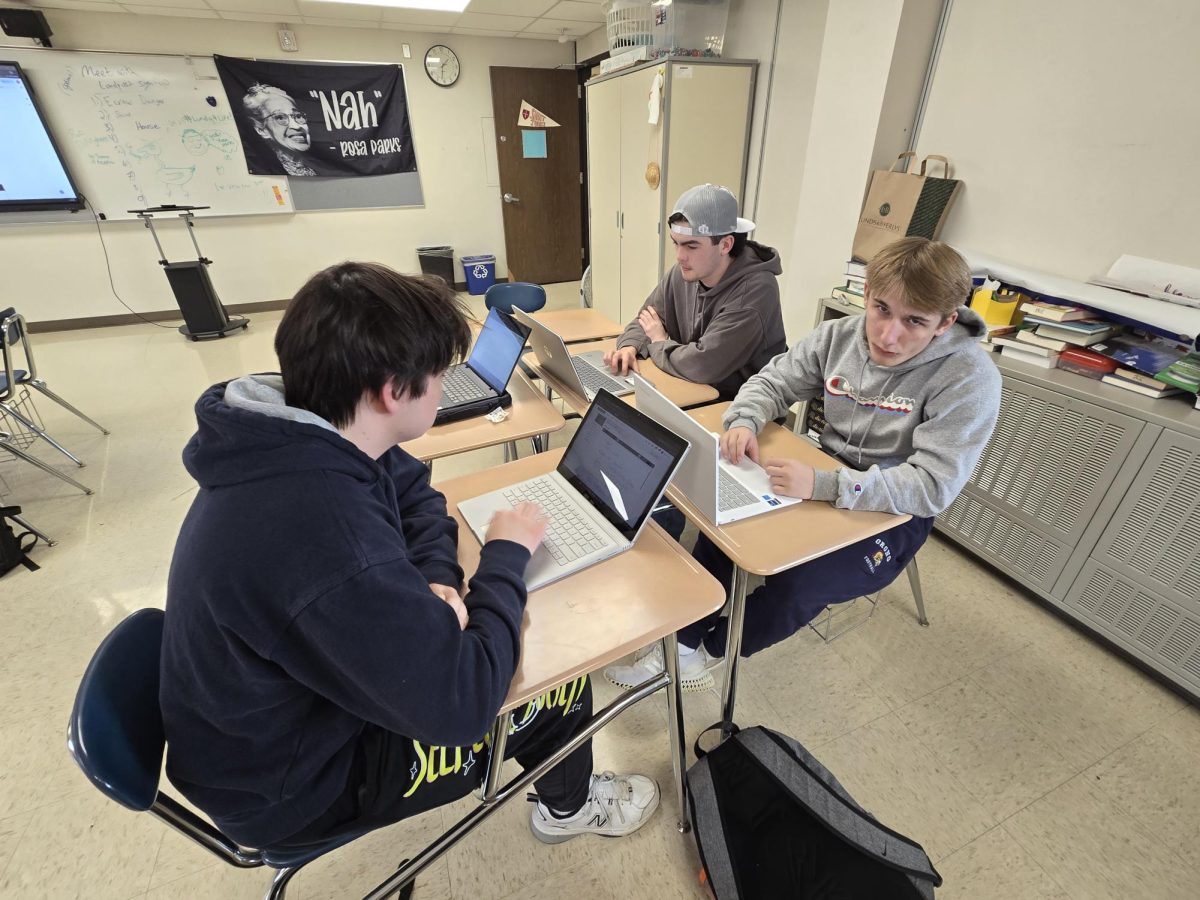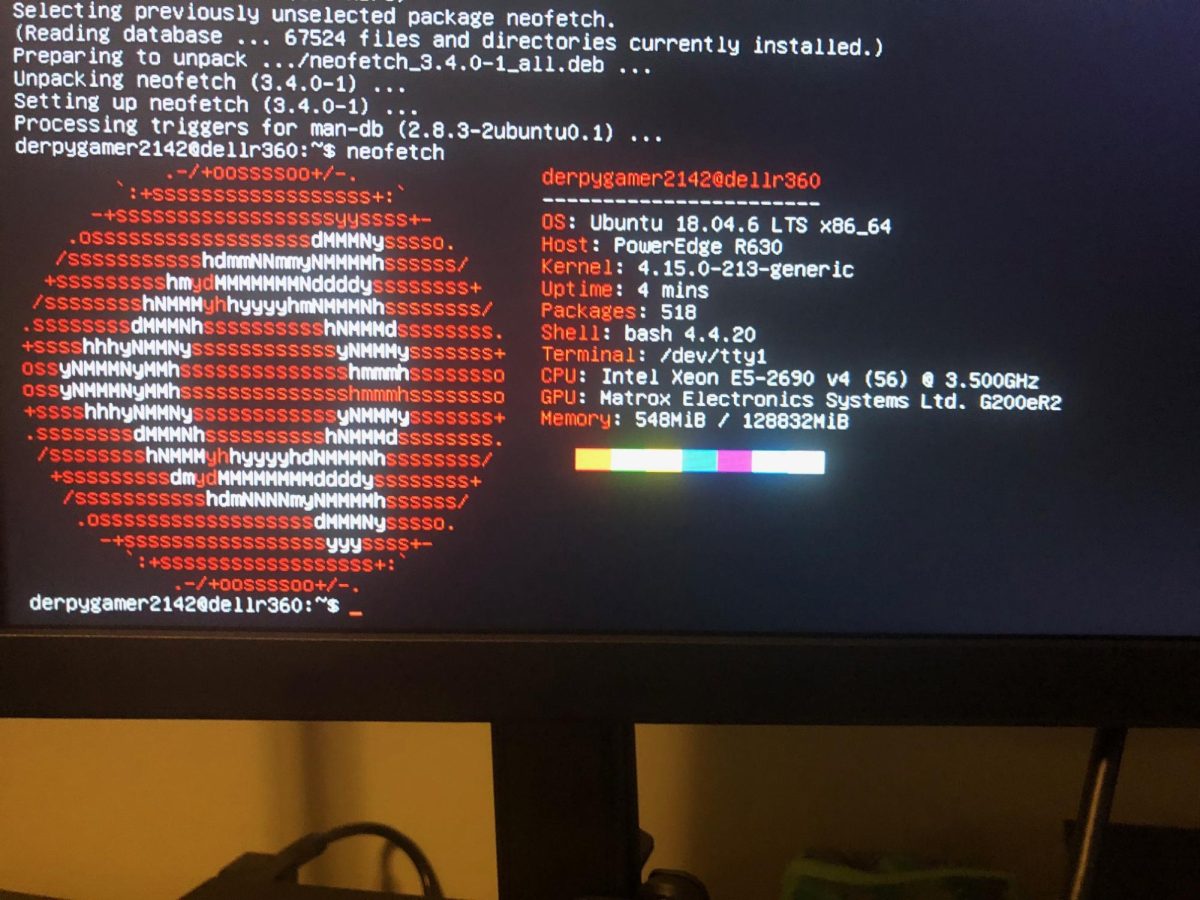Maria Wikstrom
Copy Editor
North America
A four-year-old U.S. citizen who was denied entry into the country earlier this month will attempt the journey again, an attorney representing her said. Emily Ruiz, the daughter of two Guatemalan immigrants who are living in the United States illegally, had spent five months vacationing with her grandparents in Guatemala. The grandfather flew her home in March.
However, he was stopped at the airport for a previous immigration violation. He was denied entry into the United States, and it placed Emily in the middle of an immigration quagmire. According to her family, immigration officials gave her parents two options: Emily could be deported to Guatemala with her grandfather, or she could be turned over to state custody. She returned to Central America.
Officials say they gave Emily’s father the opportunity to pick her up, as she is a U.S. citizen. The father, who speaks limited English, said he did not understand if that was indeed offered. The pair was stopped in Washington. The Ruiz family lives in Long Island, New York. Attorney David Sperling flew to Guatemala on Mar. 28 to attempt a return trip with Emily.
South America
Honduran teachers who have been on strike for 21 days faced a decision on the morning of Mar. 28: return to the classroom or endure punishments. The government issued an ultimatum on Sunday to the teachers, saying that if they did not show up for work Monday they would be suspended for two months without pay. Those who do not show up by Wednesday will be handed six-month suspensions, and those still striking by next week will not be allowed to teach for a year, the government stated.
“If these deadlines are not met, the government will begin to execute justified firings,” the statement said. The teachers are protesting an education bill that they say can lead to the privatization of the public school system. They are also demanding salaries from last year owed to some 5,000 teachers. Those teachers who are suspended will be replaced by educators who are currently unemployed, the government said.
Africa
Al-Obeidy burst into a Tripoli hotel as international journalists were having breakfast on Mar. 26. Her face was bruised, as were her legs. She showed reporters blood on her right inner thigh. Speaking in English, she said she was from the rebel stronghold of Benghazi and had been held against her will for two days and raped by 15 men. Though her injuries appeared consistent with what she said, CNN could not independently verify Al-Obeidy’s story.
“Look at what Gadhafi’s brigades did to me,” she said. “My honor was violated by them.” Al-Obeidy displayed what appeared to be visible rope burns on her wrists and ankles. Government officials tried to stifle her, but she persisted. One government official, who was there to facilitate access for journalists, pulled a pistol from his belt. Others scuffled with reporters and wrestled them to the ground in an attempt to take away their equipment. Some journalists were beaten and kicked. CNN’s camera was confiscated and deliberately smashed beyond repair. As security forces subdued the screaming woman and dragged her away, Al-Obeidy warned, “If you don’t see me tomorrow, then that’s it.”
Europe
Scattered violence broke out Saturday as tens of thousands of demonstrators marched through central London to protest proposed austerity measures and public-sector spending cuts. Police arrested 214 people for criminal damage, public order offenses, aggravated trespassing and violent disorder after several businesses were vandalized. Thirty-one police officers were hurt during the protests, with one being treated in the hospital. Police said another 53 people were injured, at least 15 of whom were taken to the hospital.
The Trades Union Congress (TUC), which organized the demonstration, said nearly half a million people were taking part, far exceeding their original estimate of 100,000 participants. “Banker’s greed or people’s needs — Cut bonuses not benefits” read one placard at the protest. “Strike together to bring down the government,” read another. Protesters threw light bulbs filled with ammonia at officers after they intervened to stop paint and bottles from being thrown at store windows. Police also set up a so-called “containment” area Saturday night in Trafalgar Square, where police said officers were coming under “sustained attack.” Protesters were later being allowed to leave the square in small groups.
Asia
In Kabul, Afghanistan a suicide bombing targeting contractors working in eastern Afghanistan killed at least 13 people and wounded 50 others, according to conflicting accounts by NATO and government officials on Mar. 28. However, the governor’s office reported that “twenty-four people were killed and 59 people were injured while a car bomb full of explosive devices entered in to Zahir Construction Company and detonated the explosive at 8:30 p.m. last night.” It was not immediately clear if NATO’s International Security Assistance Force and Afghan officials were talking about the same incident.
In ISAF’s account, an attacker drove a car bomb into a madrasa, a religious school, in the Bermal district of Paktika Province at 12:30 a.m. Afghan contractors working for ISAF at a nearby base were staying at the school at the time of the attack, according to the force. The Interior Ministry said three suicide bombers using a truck full of explosives attacked the Zahir Construction Company four hours earlier on Sunday, killing a security guard, entering the company’s compound and detonating the explosives. The ministry said it condemns the suicide attack in the “strongest terms.” Authorities have launched an investigation, the ministry said.
Australia
Australian Prime Minister Julia Gillard’s parliamentary computer and the foreign and defence ministers’ machines are all suspected of being hacked, with China under suspicion. Sydney’s Daily Telegraph said American intelligence officials tipped off the government that several thousand emails may have been accessed from the computers of at least 10 ministers. The paper said the espionage occurred more than a month ago, beginning in February. “Four separate government sources confirmed that they had been told Chinese intelligence agencies were among a list of foreign hackers that are under suspicion,” it said.
Security experts said they believed the hackers may have been looking for clues on government attitudes to major resource projects. Intelligent Risk chief executive Neil Fergus said interest in Australian commercial secrets may have prompted the attacks. China, meanwhile, denied the claims. “Any accusations against the Chinese government are believed to be groundless and made out of ulterior purposes,” foreign ministry spokeswoman from China Jiang Yu told reporters.














































